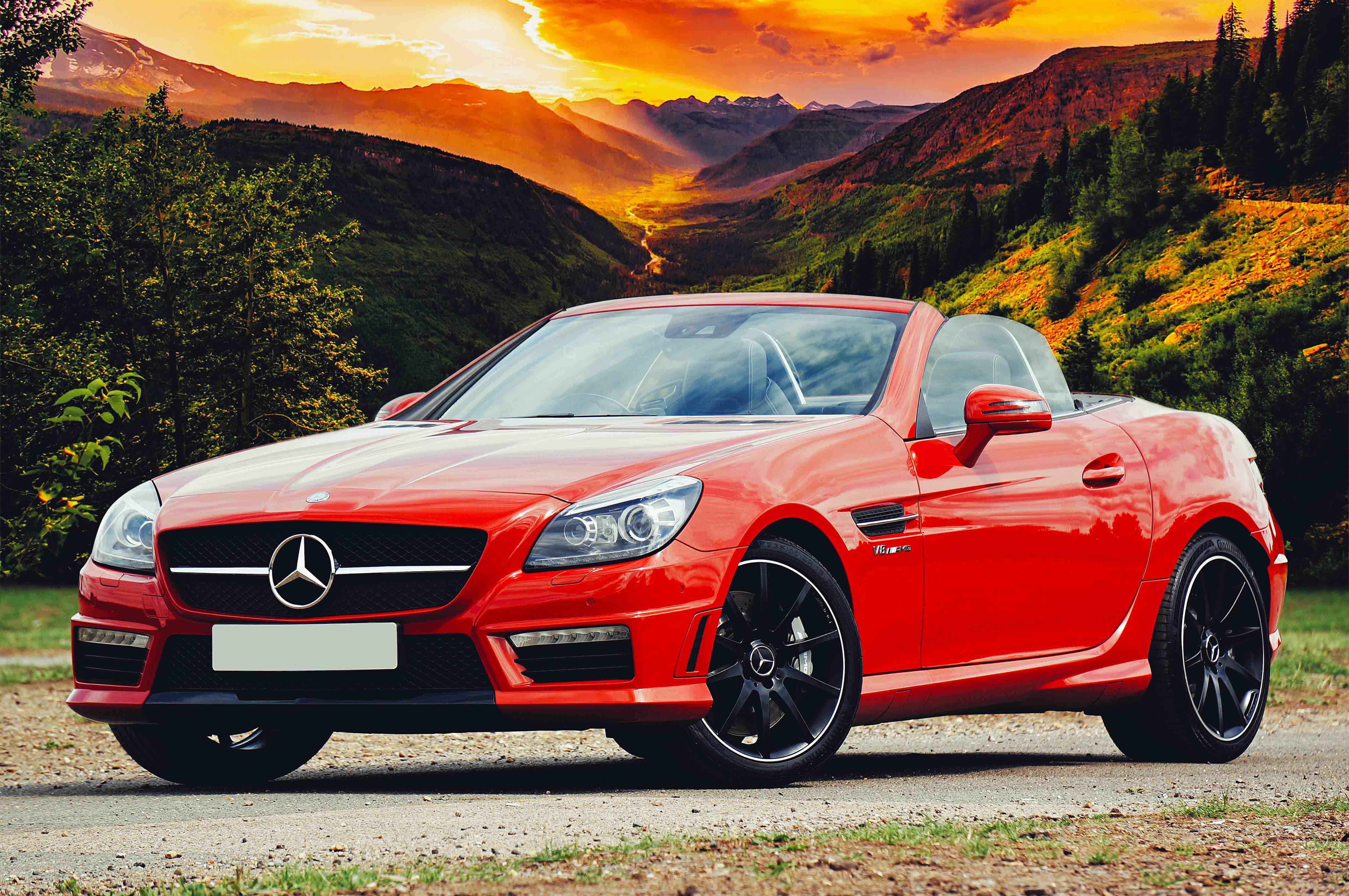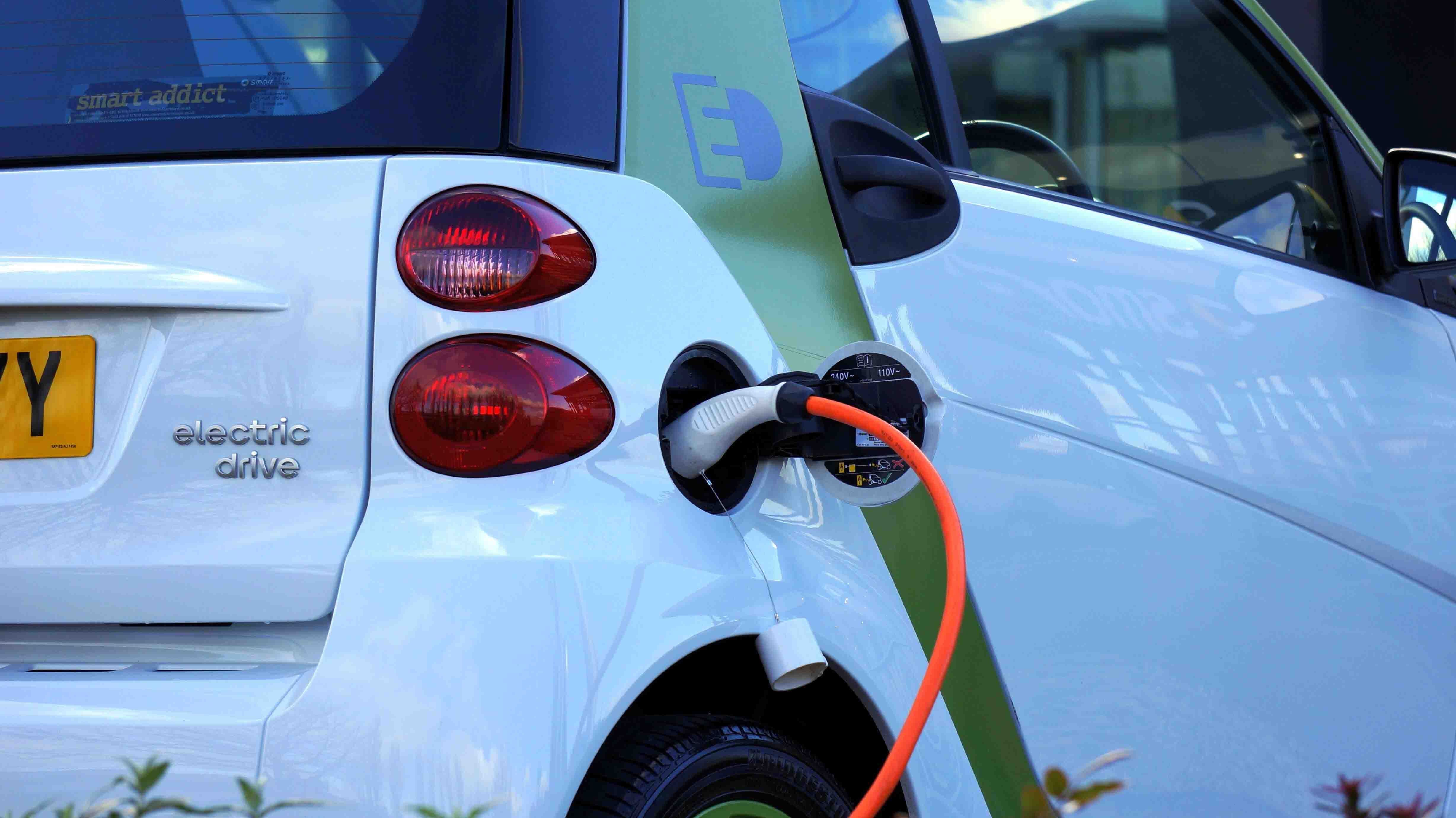For the year of 2024, the cumulative registration volume of domestically produced passenger vehicles (PVs) on the Chinese Mainland stood at 22,906,719 units, a YoY increase of 8.55%, according to the data compiled by the Gasgoo Auto Research Institute ("GARI").
The monthly PV registrations in the country hit a new high of 2,724,588 units in December, reflecting year-on-year and month-on-month growth rates of 10.31% and 14.55%, respectively. Among these, new energy vehicles (NEVs) accounted for 1,291,690 units, securing a 47.41% market share and setting a new monthly record.
For the entire year, NEVs constituted 10,750,218 units of registrations, achieving a penetration rate of 46.93%.
For clarity, the PVs hereby refer to the passenger vehicles locally produced and registered on the Chinese Mainland.
China's PV market began with strong momentum in December 2024, fueled by automakers intensifying efforts to meet annual sales targets. The approaching expiration of vehicle trade-in and scrappage subsidies at year-end spurred significant demand. Additionally, the earlier-than-usual Chinese New Year in late January 2025 prompted some consumers to bring forward their purchases to December, although certain regions exhausted subsidy funds, slowing sales in the latter half of the month. These factors collectively contributed to the robust release of car-buying demand in December.
Top 20 brands by Dec. 2024 and annual passenger vehicle registrations
In December last year, 11 of the top 20 brands based on monthly PV registration volume were China's self-owned ones, with five making it into the top 10. Leading indigenous brands included BYD, Geely, Wuling, Chery, Changan, Galaxy (from Geely Auto), Li Auto, Haval, Hongqi, JETOUR, and Leapmotor.
BYD maintained its dominance, with over 360,000 vehicles registered in December, outnumbering the runner-up Volkswagen by 114,297 units. Despite this strong performance, BYD's December registrations dipped by 6.68% compared to November. Within its Dynasty and Ocean series, 28 models were registered during December, with 13 surpassing the 10,000-unit mark and four exceeding 30,000 units.
Notably, on December 24, BYD celebrated the delivery of its two-millionth Qin family vehicle. The Qin lineup now includes three core models: the Qin PLUS DM-i, Qin PLUS EV, and the Qin L DM-i. Additionally, road tests for the Qin L EV are underway, with the model expected to hit the market in 2025.
Chinese brands Geely, Wuling, Chery, and Changan ranked fourth, fifth, sixth, and eighth, respectively. Geely and Chery each climbed one spot from the previous month, while Wuling and Changan slipped by one and two places, respectively. All four brands registered over 100,000 units in December.
Some NEV-focused indigenous brands also performed well. Galaxy, Li Auto, and Leapmotor ranked 11th, 14th, and 20th, respectively, underscoring the growing influence of Chinese NEV manufacturers.
Volkswagen and Toyota secured the second and third positions. The German brand registered 15,429 NEVs in December, comprising 6.12% of its total registrations. This included 1,160 plug-in hybrid electric vehicles (PHEVs) and 14,269 battery electric vehicles (BEVs). Toyota's NEV penetration came in at 1.79%, with 3,011 NEVs registered for the month.
Tesla, the sole brand entirely funded by a foreign entity in the top 20, ranked ninth with 81,638 vehicles registered in December, up 10.9% from the previous month, though its rank slipped by one position.
Among the German trio, BMW ranked highest at tenth, with three models—the BMW 3 Series, X3, and 5 Series—each surpassing 10,000 units in December registrations. Audi and Mercedes-Benz followed at 13th and 15th, respectively. Audi's A6L and Q5L, and Mercedes-Benz’s E-Class, GLC, and C-Class, were the top contributors.
On an annual basis, BYD, Volkswagen, Toyota, and Geely claimed the top four positions, each exceeding one-million-unit registrations. BYD led with over three million vehicles, while Volkswagen surpassed two million units.
Aside from BYD and Geely, nine brands among the top 20 were also China's wholly-owned ones, including Wuling, Changan, Chery, Li Auto, Haval, Hongqi, AITO, JETOUR, and AION.
Top passenger vehicle models by Dec. 2024 and annual passenger vehicle registrations
In December, 18 of the top 20 PV models drew contribution from NEVs. Notably, among the top five models, the Model Y (1st), the Seagull (2nd), and the Wuling Hongguang MINIEV (5th) featured only BEV options, while the Song PLUS (3rd) and the Qin PLUS (4th) both had BEV and PHEV versions available for sale.
The Model Y reclaimed the top spot, while Tesla's Model 3 dropped out of the top 20. BYD had seven models listed in the top 20 brands rankings by December PV registrations. Xiaomi's SU7 secured the 19th place, with its registrations up 11.23% month-on-month.
In 2024, six PV models recorded annual registrations exceeding 300,000 units each. Leading the pack were Tesla's Model Y, BYD's Qin PLUS, Seagull, and Song PLUS, each surpassing 400,000 units. Among joint ventures' models, the Nissan Sylphy ranked fifth overall, followed by the Volkswagen Lavida. BYD claimed an impressive presence in the top 20 PV models, with nine models entering the list.
Two BEV models from Wuling brand, the Hongguang MINIEV and the Bingo, also secured spots in the top 20, ranking 7th and 15th, respectively.
Top cities by Dec. 2024 and annual passenger vehicle registrations
In December, 13 cities on the Chinese Mainland each recorded registrations of over 40,000 locally produced PVs, with nine cities exceeding 50,000 units. Shanghai and Chengdu led the rankings, each surpassing 70,000 units, while Beijing followed with over 60,000 units.
From the full-year perspective, 12 cities reported cumulative registrations exceeding 400,000 units, with five cities—Chengdu, Beijing, Shanghai, Guangzhou, and Hangzhou—each surpassing 500,000 units.
Monthly new energy passenger vehicle registrations and breakdown by powertrains
In December 2024, registrations of domestically made new energy passenger vehicles (NEPVs) on the Chinese Mainland amounted to 1,291,690 units, a remarkable year-on-year surge of 45.72% and a month-on-month rise of 4.5%.
Breaking down the December NEPV registrations by powertrain solutions, BEVs accounted for the largest share at 59.73%. PHEVs followed with a 30% share, while range-extended electric vehicles (REEVs) contributed 10.27%. Only two fuel cell vehicles (FCVs) were registered during the month, a negligible percentage of the total.
Throughout 2024, a total of 10,750,218 homemade NEPVs were registered on the Chinese Mainland, reflecting a 48.54% year-on-year soar. BEVs, PHEVs, and REEVs represented 58.47%, 30.6%, and 10.93% of the total, respectively. Additionally, 28 fuel cell vehicles were registered over the year.
Top 20 brands by Dec. 2024 and annual new energy passenger vehicle registrations
In December 2024, China's self-owned brands solidified their dominance in the country's NEPV market, claiming 18 of the top 20 spots in brand rankings by registration volume. BYD retained its top position, with December registrations surpassing the combined total of the second through sixth brands.
Two brands powered by Huawei's HIMA (Harmony lntelligent Mobility Alliance)—AITO (9th) and LUXEED (17th)—also made the top 20. Li Auto ranked fifth, slipping one spot from November, while Geely Holding's Galaxy and ZEEKR placed 4th and 12th, respectively. The Geely brand itself ranked 16th.
For the full year, ten brands achieved cumulative NEPV registrations exceeding 200,000 units. BYD led the market by a significant margin, with over three million vehicles registered. Tesla followed in second place with nearly 600,000 units, while Wuling, Li Auto, and AITO secured third, fourth, and fifth, respectively. AION and Galaxy claimed the sixth and seventh spots.
Notably, Xiaomi EV entered the top 20 with 123,686 units of annual registrations, ranking 18th for the year. Its sole model, the Xiaomi SU7, surpassed the 100,000-unit delivery mark as of mid-November.
Xiaomi EV also made strides in expanding its charging network. On December 25, the company announced collaborations with NIO, XPENG, and Li Auto to integrate charging infrastructure. Through this partnership, Xiaomi's charging map now had included over 14,000 NIO's charging piles, 9,000 XPENG's piles, and 6,000 Li Auto's piles, with real-time updates available in the app. However, service details vary slightly among partners: only selected Li Auto chargers support Xiaomi EV's app scanning, while XPENG offers plug-and-charge functionality.
Top 20 new energy passenger vehicle models by Dec. 2024 and annual registrations
In December 2024, BYD's dominance in China's NEV market was evident as 11 of its models secured positions in the top 20 brands by NEPV registration volume, with six of them making the top 10. Tesla also had two models in the top 20, while Geely's Galaxy Starship 7, hitting the market in early December last year, entered the top 20 rankings at 18th with 17,098 vehicles registered.
For the entire year, BYD continued its strong presence with 11 models in the top 20 NEPV models rankings. Wuling, AITO, and Tesla each contributed two models to the list.
Top 20 cities by Dec. 2024 and annual new energy passenger vehicle registrations
On the city front, Shanghai led all cities with 43,883 NEPVs registered in December, which accounted for 58.17% of its total PV registrations. Shenzhen followed with 35,849 NEPVs, making up 62.75% of the city's overall PV registrations.
Regarding the full-year performance, 12 cities on the Chinese Mainland recorded cumulative NEPV registrations exceeding 200,000 units. Chengdu, Hangzhou, and Shenzhen topped the list, with annual NEPV registrations all surpassing 300,000 units.



